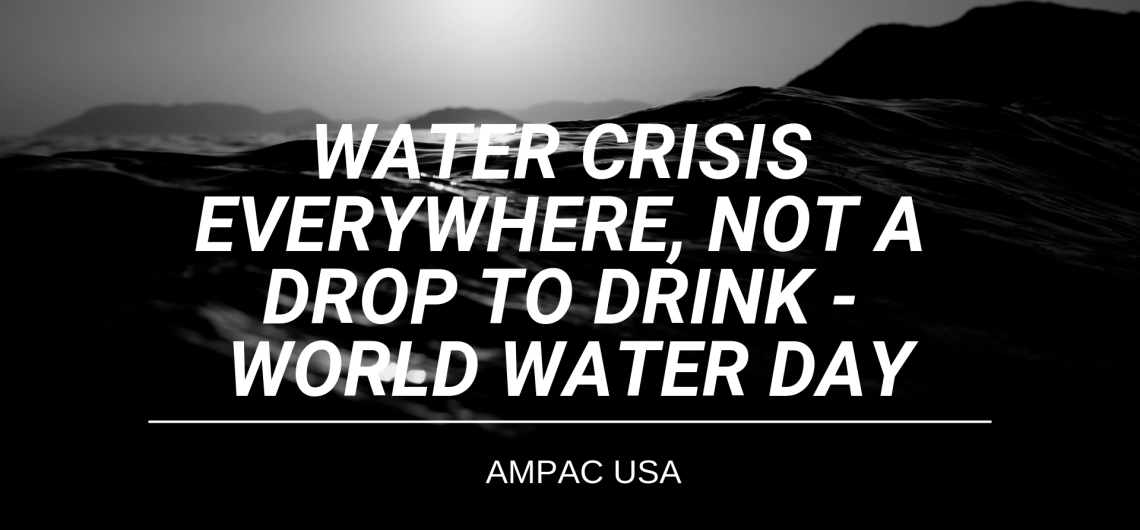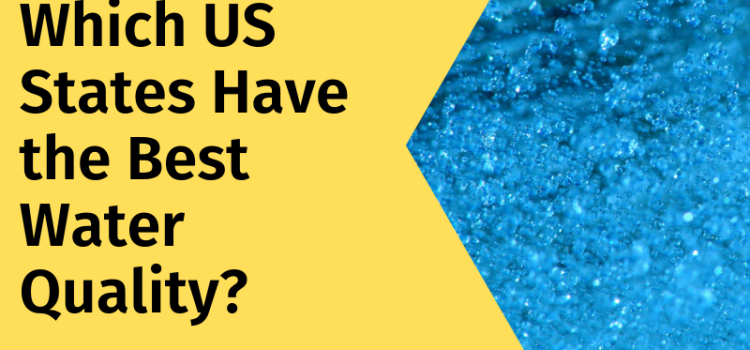Last updated on November 14th, 2022 at 11:00 am
World Water Day is observed every year since 1993 to acknowledge the importance of this element which is so important for the existence of life on earth. United Nations declared this day dedicated to the element because over-exploitation had and is still leading the world to such an irony, that even with the earth having billions of gallons of water, the drops to drink are decreasing rapidly, day by day.
26 years later, today the situation is worsened. 2 major global cities, Cape Town and Manila are facing an imminent threat of Day 0, when there will be no water.
The Horror Of The Numbers
Even with years of awareness campaigns and conservation initiatives, the supplies are still running so low that people around the world are standing in a mile long line just to fill 3 buckets for their families. This striking picture of people everywhere is authenticated with the recent World Water Development Report that the UN released this Tuesday. Already taking the global leaders by storm, this report throws light on some very important statistics that ought to have improved over the course of 15 years according to the report.
“If the degradation of the natural environment and the unsustainable pressure on global water resources continue at current rates, 45% of global Gross Domestic Product and 40% of global grain production will be at risk by 2050.” – Gilbert F. Houngbo, Chair of UN-Water and President of the International Fund for Agricultural Development.
The numbers he is referring to seem to be a Deja Vu from years ago.
- After so many years of initiatives, 3 in 10 people didn’t have access to safe drinking water in 2015. It means a whopping 2.1 billion people.
- 4.5 billion, or 6 in 10 people lived in areas where sanitation facilities were improperly and unsafely managed.
It is scarier for the poor according to the report.
The Poor Are Burdened
Half of the people drinking unsafe and contaminated water live in Africa. In Sub-Saharan Africa, only 24% population has access to safe water and 28% have access to sanitation. But the situation is worse for poor families and the disparities are fairly visible.
The report observes in cities, poor people living in slums, who often have to buy it from trucks, kiosks and other vendors, are spending roughly 10 to 20 times more than rich homes with pipes for supply. The report also mentioned that access to this resource is a basic human right and should not be deterred based on ethnicity, race, socio-economic status or any other cause. Still, it goes on to mention, it is actually very much the case.
“Those who are marginalized or discriminated against because of their gender, age, socio-economic status, or because of their ethnic, religious or linguistic identity, are also more likely to have limited access to proper water and sanitation.”
Crisis In The Developed World
Seems like a long shot but the crisis is coming to haunt the first world countries too. The Cheif Executive of England has warned that the country is going to face a shortage in the next 25 years.
Addressing the Waterwise Conference in London on Tuesday, James Bevan commented, “In around 20 to 25 years from now, the country would face the jaws of death – the point at which, unless we take action to change things, we will not have enough water to supply our needs.”
He also mentioned that the country will see a drop in supply by 10-15 percent and half of them would face a deficit by 2050. This has been noted considering that England is now having longer and drier summers than before. The average U.K. citizen uses around 140 liters of water per day which will have to be cut down if the country wants to avoid a major problem.
What Can We Do?
It reflects the same reality, the world faced 15 years ago and brings up an important question. Is it enough? Should we be doing more?
James Bevan thinks so. “We need water wastage to be as socially unacceptable as blowing smoke in the face of a baby or throwing your plastic bags into the sea,” Bevan said. “We need everyone to take responsibility for their own water usage.”
Ulla Burchardt, member of Germany’s SPD and part of UNESCO’s Germany board agrees. After the findings of the U.N. report, she has urged her country people to do more. “We are partly responsible for the great problems in other regions of the world, such as the import of cotton or beef, the production of which can be very water-intensive,” Burchardt said.
It is the time when even the U.S. should look at executing major conservation initiatives to cut its carbon footprint. The country needs better plans, management systems, awareness strategies to ensure citizens take up the responsibility to use the resource, now a luxury element for many, responsibly.
Author’s Bio:
AMPAC USA is a leading manufacturer of advanced Reverse Osmosis treatment systems. For over 30 years the company has been providing its customers and clients around the world solutions to their water treatment problems.










I don’t think the title of your article matches the content lol. Just kidding, mainly because I had some doubts after reading the article.
Thanks for sharing. I read many of your blog posts, cool, your blog is very good.
Thanks for sharing. I read many of your blog posts, cool, your blog is very good.
Thank you for your sharing. I am worried that I lack creative ideas. It is your article that makes me full of hope. Thank you. But, I have a question, can you help me? https://accounts.binance.info/en-ZA/register?ref=B4EPR6J0